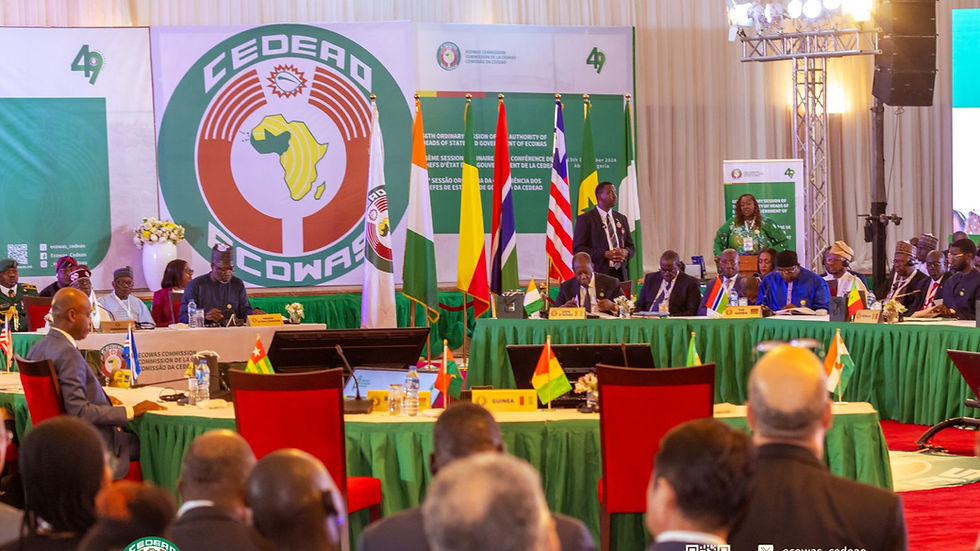Promoting Human Rights & Inclusion of Vulnerable Communities in West Africa
- Micahel Kumordzi Tetteh

- Feb 29, 2024
- 2 min read
The West Africa Drug Policy Network (WADPN), alongside partners IDNOWA, AWEYA, NSWA, Colibri Sud, and ICTHARAE, commenced a series of webinars on February 15, 2024. The focus of these webinar series is to advocate for the human rights and inclusion of people who use drugs (PWUD), sex workers (SW), and LGBTQI individuals in West Africa.
These webinars aim to present compelling evidence supporting the recognition and inclusion of the human rights of PWUD, SW, and LGBTQI individuals in accordance with regional and international treaties, conventions, and national laws.
During the inaugural session, discussions delved into socio-cultural and religious barriers hindering the advancement of the human rights and inclusion of these minority and vulnerable groups in West Africa. Panellists questioned societal and religious perspectives, highlighting disparities in decision-making opportunities for vulnerable communities.
Culture and religion wield considerable influence in shaping societal norms. While cultural practices may clash with religious beliefs in the region, they seem to agree on a lot when it comes to the unrecognition of LGBTQI, SW, and PWUD.
These communities often face exclusion from policy-making processes and criminalisation of their activities under the law, leading to severe penalties for offenders.
Negative perceptions driven by religion, tradition, and culture intensify marginalisation, resulting in unequal access to essential services and discrimination against these groups.
Despite existing regional and international agreements advocating for the recognition and non-discrimination of vulnerable groups, adherence to these obligations remains partial. Some countries, like Ghana, are even considering stricter laws targeting LGBTQI communities.
These hostile legal and moral climate forces members of these communities to conceal their identities and engage in risky behaviours, endangering their health and well-being. They encounter barriers to employment opportunities and face human rights abuses by law enforcement.
In response, the West Africa Drug Policy Network has initiated a series of regional online webinars. These sessions bring together civil society advocates, policymakers, and stakeholders from Burkina Faso, Ghana, and Nigeria to:
identify, examine, and compile special provisions of regional and international conventions and treaties, including national constitutions, which promote and mandate member states to protect and observe the recognition, inclusion and non-discrimination of all minority and vulnerable groups, including PWUD, SW and LGBTQI as fundamental human rights issues.
collaborate with PWUD, SW and LGBTQI-led organisations and communities as well as ongoing projects/activities to collect data and input (experience with discriminatory laws, practices and people, and special needs) from hard-to-reach PWUD, SW and LGBTQI individuals who cannot afford the devise and technology to participate in online meetings.
present a joint community (PWUD, SW, and LGBTI) recommendations/communique to ECOWAS authorities.
By hosting these webinars, the West Africa Drug Policy Network aims to spark dialogue and action towards a more inclusive and human rights-based approach for vulnerable communities across the region. Also, ensure that ECOWAS will receive recommendations, including input from affected communities and their experiences with discriminatory laws and practices.





Comments